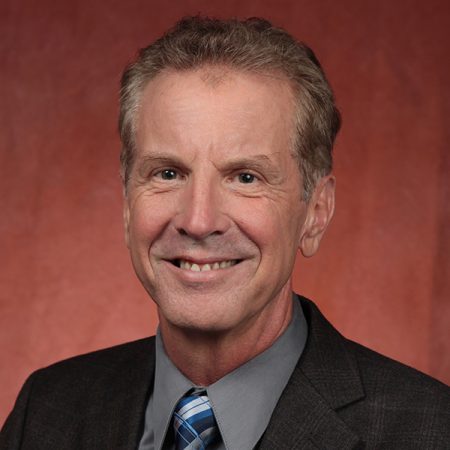
From prediction to insurance consideration to ecological aftermath, Florida State University experts are among the world leaders in the study of hurricanes and their impact on people, property and the environment. These experts are available to answer media questions and provide perspective for news stories throughout the 2017 hurricane season, which begins June 1 and ends Nov. 30.
FORECASTING, FORMATION AND TRACKING
Mark Bourassa, professor of meteorology, (850) 645-4788; Bourassa@coaps.com
Bourassa’s expertise is in air-sea interaction, satellite observation of the atmosphere and ocean, tropical meteorology and boundary layer meteorology. He is also an expert in surface water waves and the identification of tropical disturbances — possible precursors to tropical cyclones. Recent work has involved remotely sensed estimates of the energy released in storms as water vapor is converted to precipitation.
Dmitry Dukhovskoy, associate research scientist at the FSU Center for Ocean-Atmospheric Prediction Studies (COAPS), (850) 644-1168; ddukhovskoy@fsu.edu
Dukhovskoy’s research interests focus on numerical modeling of ocean physical processes including ocean dynamics, storm surges, air-sea interaction, waves and tides. He has investigated topographically trapped waves, deep-water processes and ocean responses to hurricanes and storm surges.
Jeffery Chagnon, assistant professor of meteorology, (850) 566-3800; jchagnon@fsu.edu
Chagnon is an atmospheric scientist whose research covers a broad range of topics in synoptic and mesoscale meteorology. The overarching aims of his work are to advance our theoretical understanding of weather phenomena and to improve our ability to model and predict the weather.
James Elsner, Earl & Sofia Shaw Professor and chair of the Department of Geography, (850) 566-3800; jelsner@fsu.edu
Elsner is an expert on hurricanes and statistical models for long-range prediction. He researches the development of the science and technology for modeling the risk of a catastrophic storm along the nation’s coastline. He studies the relationship of hurricanes to climate factors, including El Niño and climate change. He also is the president and CEO of Climatek, a company that develops software for hurricane and tornado risk models.
Steve Morey, associate research scientist at the FSU Center for Ocean-Atmospheric Prediction Studies (COAPS), (850) 644-0345; smorey@coaps.fsu.edu
Morey’s research focuses on studying physical processes and circulation within the Gulf of Mexico. He conducts studies of estuarine systems and their connectivity to the offshore environment, the ocean response to hurricanes and deep-water processes over steep topography. He has recently worked with a team at COAPS on developing computer models of storm surge and coastal flooding.
COASTAL WILDLIFE EFFECTS
Thomas Miller, professor of biological science, (850) 644-9823; miller@bio.fsu.edu
Miller researches coastal dune vegetation and the forces that structure plant communities on barrier islands, especially in the northern Gulf of Mexico. Miller has been conducting a long-term study of the vegetation on St. George Island to isolate the effects of hurricanes, drought, geomorphology and succession on the patterns of individual species and abundance and community diversity through time.
RISK AND INSURANCE
Lorilee Medders, director of the Florida Catastrophic Storm Risk Management Center, (850) 645-8393; lmedders@business.fsu.edu
Medders is an expert on the insurable and uninsurable costs of hurricanes and other severe storms. She has served as a consultant on risk management issues for more than 20 years. Medders has special expertise in risk modeling, catastrophe risk finance, markets for catastrophe insurance, incentive systems for pre-disaster mitigation and adaption, economic resilience to disasters, reputational/crisis risk management and business ethics.




